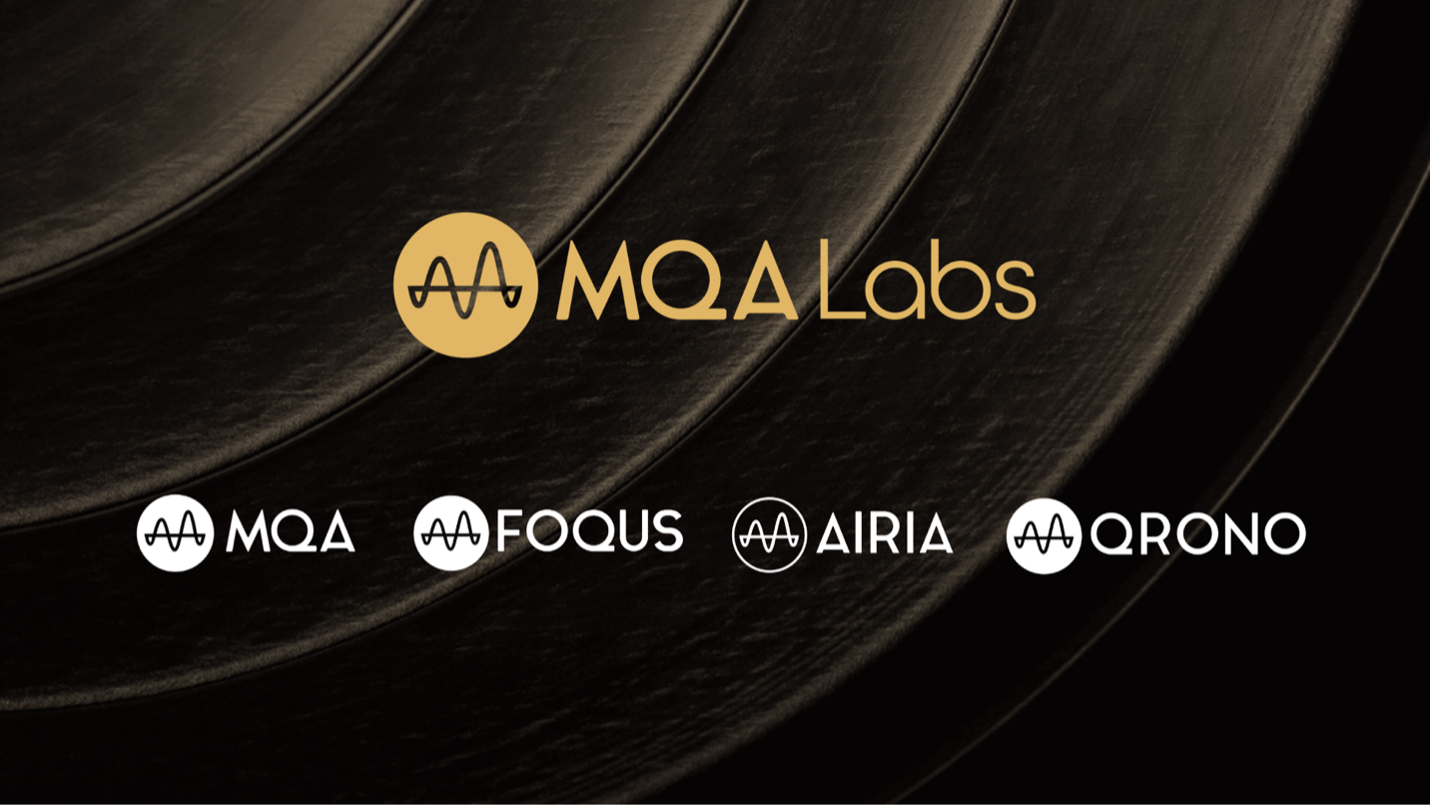AIRIA could be the next big thing in wireless hi-res audio – though we used to know it by another name
Return of the MQA

Early last year, we got really excited by a new hi-res audio codec called SCL6 that promised reliable and high-quality audio streaming that scaled seamlessly from lightweight Ultra-Wideband connections through all kinds of Bluetooth bandwidths, up to high-speed Wi-Fi – the better the connection, the higher the quality you'd get.
There were fears that SCL6 might disappear when MQA went into administration in early 2024, but a buyer appeared in the form of Canadian firm Lenbrook. Lenbrook's a big deal in the audio world, with a portfolio that also includes Bluesound, NAD and PSB, and now it's announced its plans for its MQA Labs and its technology – including the return of SCL6, renamed as AIRIA. And we're promised that products supporting it are coming in 2025.
When can you expect to hear this high-res streaming?
Lenbrook has announced that it'll be licensing the tech to a number of unnamed manufacturers in 2025, with AIRIA-compatible products appearing by the end of that year. (We assume that the company's own products from Bluesound will probably lead the way there, though this isn't confirmed.)
AIRIA isn't the only product to come from the former MQA. Two other products, FOQUS and QRONO, promise to improve analog to digital conversion, and digital to analog conversion respectively.
But AIRIA is the star here, for us. That's because it's scalable: if you can give it 20Mbps of bandwidth it'll deliver unbelievable lossless audio, but it can scale all the way down to 200kbps with lossy compression if there isn't a big enough data pipe or if there's temporary congestion. When MQA previewed the tech it claimed that no matter what bitrate you give it, AIRIA/SLC6 has an algorithm that preserves more sonic information from the original signal than its key rivals aptX HD from Qualcomm and LDAC from Sony when used in Bluetooth bandwidths (which is basically from 200kbps up to around 1Mbps). It's not fully lossless, but at a decent bitrate you'll struggle to tell the difference.
As we said last year, this tech has the potential to be a game-changer: better-quality streaming is always very welcome, especially now that the best wireless headphones and best wireless earbuds have become so good when it comes to sound reproduction. But our concern when first heard about SCL6/AIRIA was about adoption: a codec's no good if there isn't anything you can use to listen to it.
That means Lenwood's announcement is a positive one, although we're not going to get too excited yet: when you look at how slowly Bluetooth LE Audio is being supported despite being part of the official Bluetooth standard, the likelihood of fast, widespread adoption of a third-party codec is not exactly a slam dunk.
Sign up for breaking news, reviews, opinion, top tech deals, and more.
In order to make the format successful, we'll need three things: headphones that support it, phones that support it, and streamers that support it. Getting those three digital ducks in a row will take time – here's hoping for a big break-out of support, including some big names, at CES 2025.
You might also like…
Contributor
Writer, broadcaster, musician and kitchen gadget obsessive Carrie Marshall has been writing about tech since 1998, contributing sage advice and odd opinions to all kinds of magazines and websites as well as writing more than twenty books. Her latest, a love letter to music titled Small Town Joy, is on sale now. She is the singer in spectacularly obscure Glaswegian rock band Unquiet Mind.
